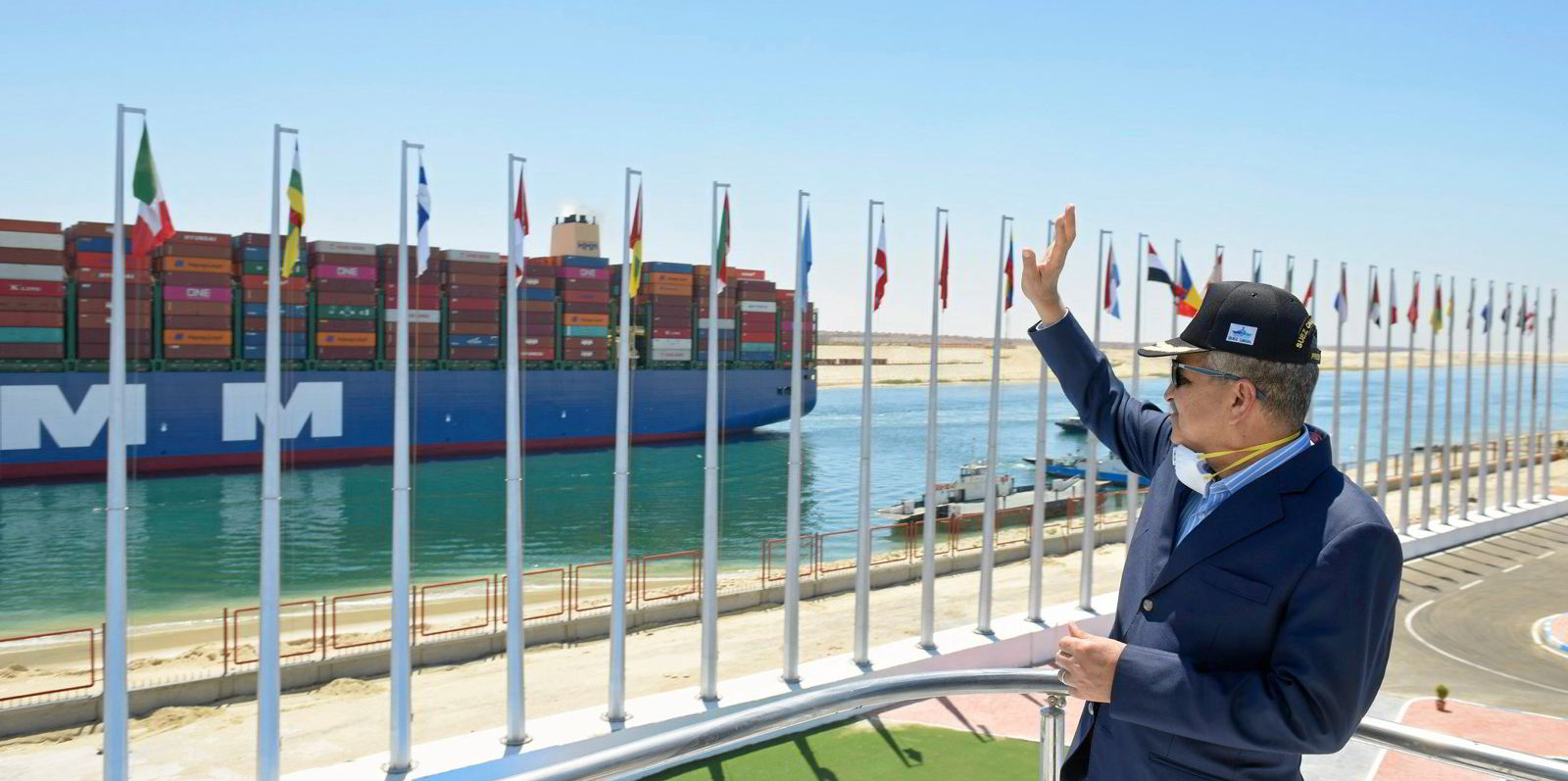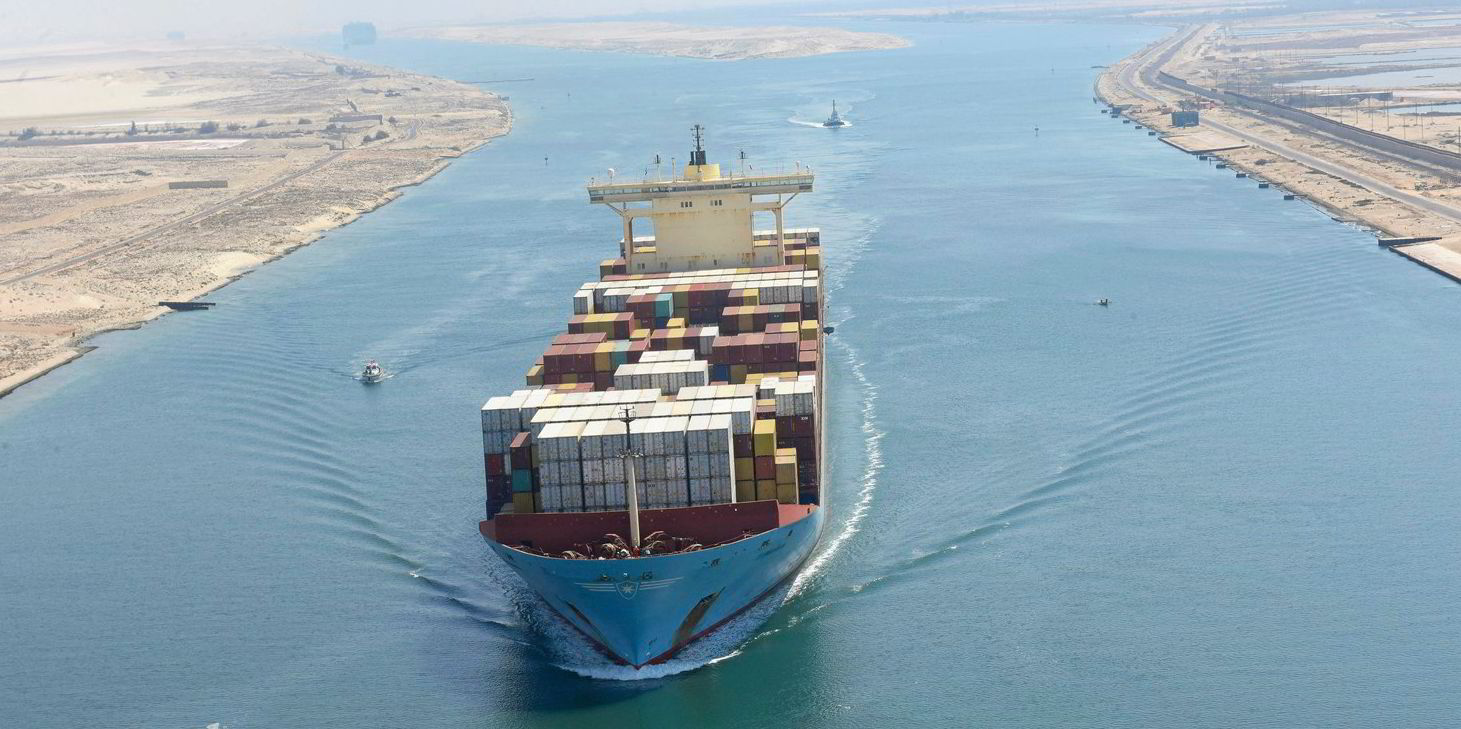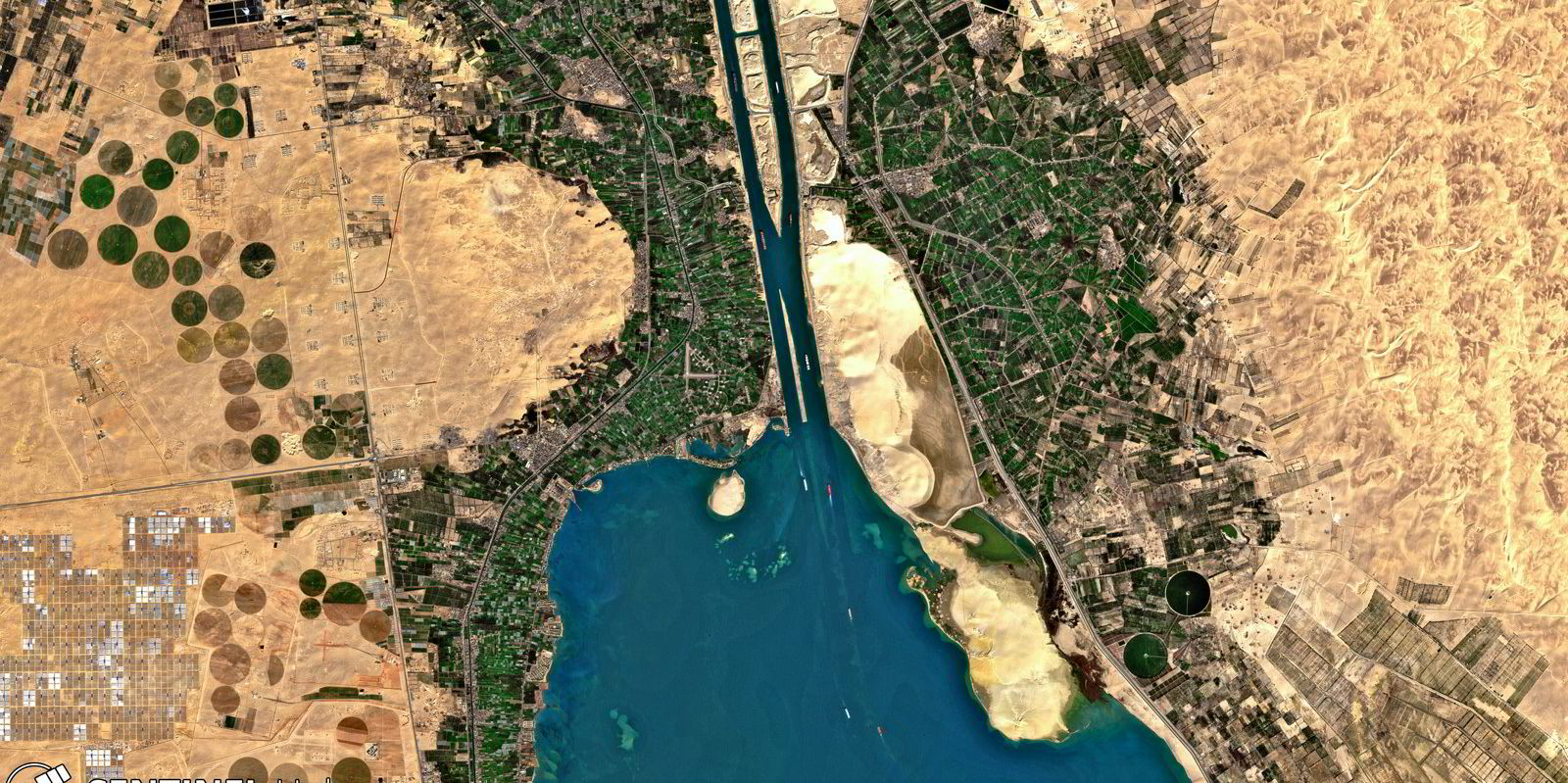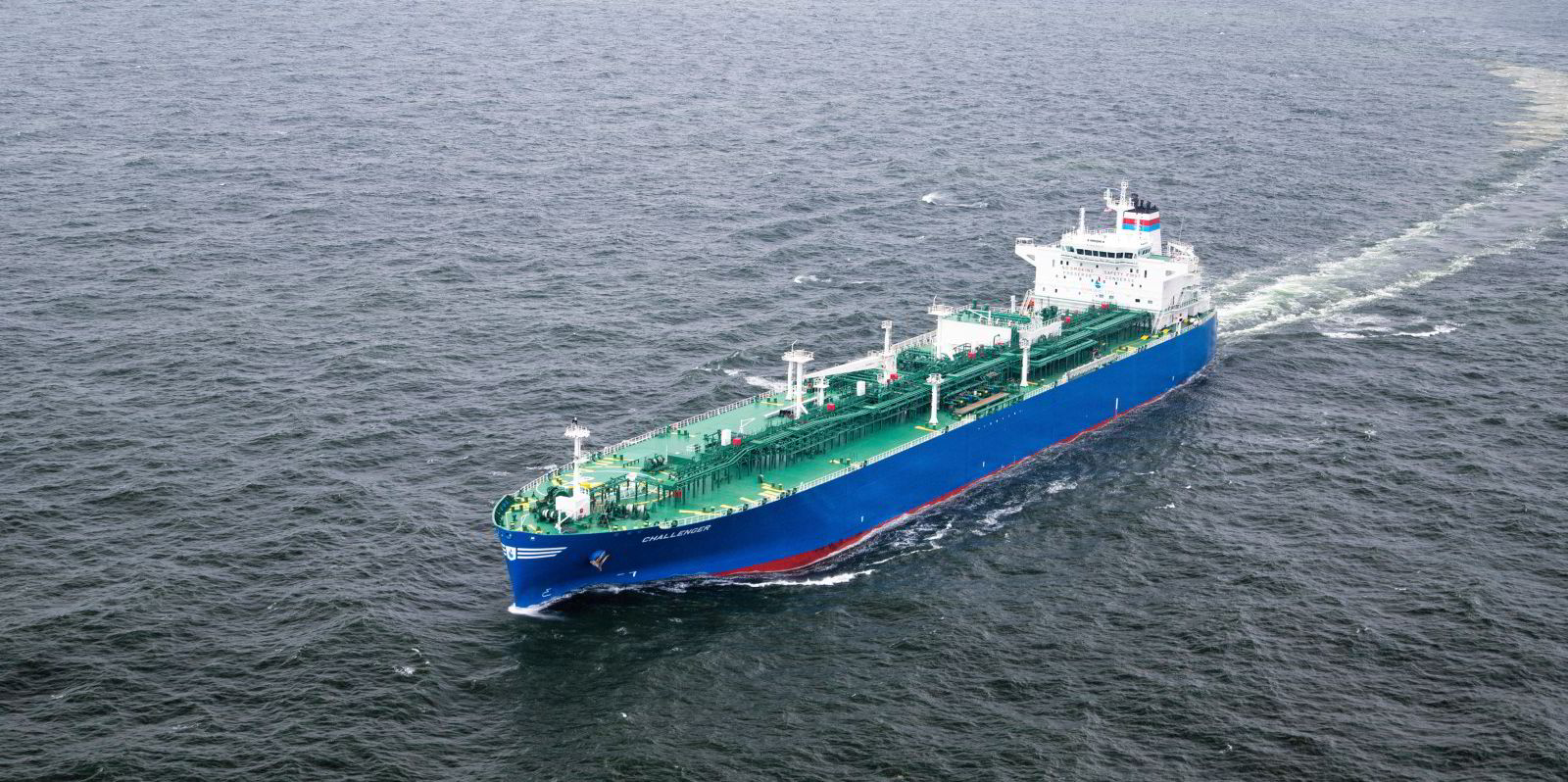The Suez Canal, a key artery for global trade and Egypt’s most reliable foreign currency earner, reported a record monthly income in January.
The Suez Canal Authority (SCA) attributed the 47% annual jump in revenue to $802m to the unprecedented traffic of tankers through the waterway during the month.
A total 677 vessels carrying a record 34.5m tons of crude and oil products crossed the canal in January, SCA chairman lieutenant general Osama Rabie said.
He did not elaborate on why tankers were crossing the Suez Canal in a frequency never seen before.
One reason could be the redrawing of oil trade patterns following the heavy Western sanctions on Russian oil, most of which reaches Asian buyers seaborne through Suez.
On 5 December 2022, the European Union banned the import of Russian crude oil to punish Moscow for its invasion of Ukraine.
On 5 February, a separate European ban kicks in for refined Russian products.
Moscow has compensated for the loss of European customers by boosting exports to China and India.
That business has not been affected at all by the price caps and insurance restrictions imposed on Russian oil by the West.

Another key factor driving the revenue boom is the multiple increase in passage fees imposed by an increasingly cash-strapped Egyptian government.
The SCA increased tolls by an average 15% in January, the third increase in 15 months.
Part of the canal’s income is invested back in the waterway, as part of a long-term maintenance and expansion strategy that has increased its capacity in recent years.
Most of the revenue, however, fills government coffers — especially at a time in which Egypt, the Suez Canal’s host and owner, is increasingly reliant on the International Monetary Fund to stay afloat.
With its budget deficit mounting and its currency sliding, Egypt sees the waterway as its most reliable foreign exchange earner.
In the last fiscal year, the SCA notched up a record annual revenue of $7bn, and 1.32bn tons of goods were carried. In some ways, that revenue is even more important for Egypt than tourism, which usually contributes more money but is notoriously fickle.
Privatisation denied
Egypt’s stretched finances have even led to speculation that the government might privatise the waterway.
Such talk was fanned in December by news that parliament backed legislative amendments allowing the SCA to “buy, sell, lease, exploit and benefit from fixed and movable assets” from a Suez Canal fund endowed with EGP 10bn ($330m).
Policymakers, however, rushed to clarify that this was in no way implying a sale of the canal itself.
Full ownership of the Suez Canal is seen as a cornerstone of the country’s independence.
Its nationalisation from British-French interests in 1956 turned Egypt’s President Gamal Abdel Nasser into a national hero.
About $1trn-worth of goods cross the Suez Canal each year, representing one-tenth of global trade and 30% of global container traffic.
The waterway’s role in facilitating world commerce was highlighted by the six-day grounding of the 20,388-teu Ever Given (built 2018) in 2021, which blocked the canal, causing widespread delays.





